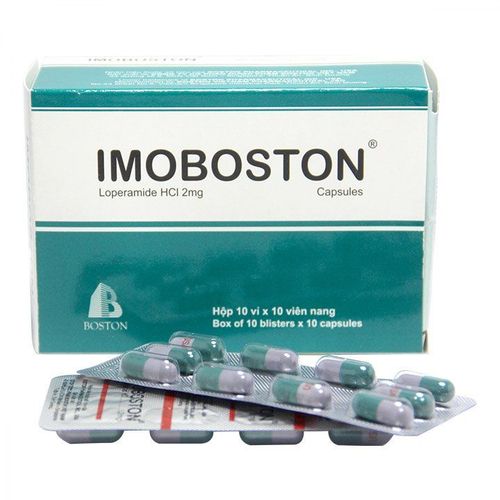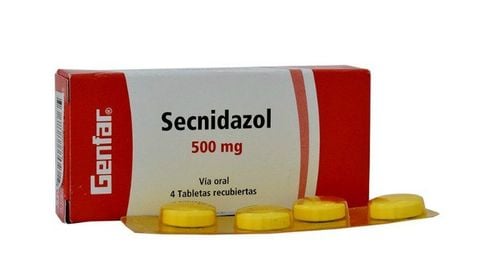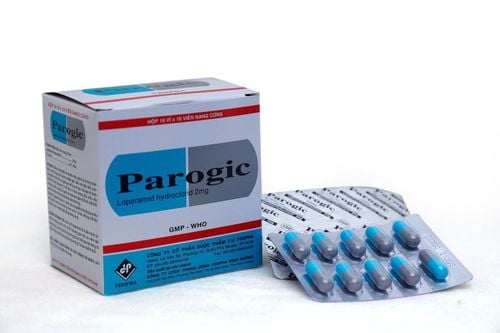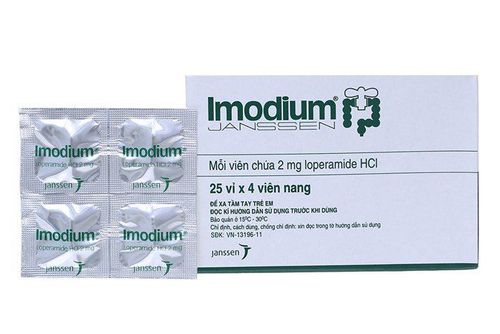This is an automatically translated article.
The article was professionally consulted by Specialist Doctor I Dong Xuan Ha - Digestive Endoscopy - Department of Medical Examination and Internal Medicine - Vinmec Ha Long International HospitalAntibiotics are often used in the treatment of many different diseases. In some cases, patient use of antibiotics can lead to Clostridium difficile infection causing intestinal disease. So what is Clostridium difficile infection?
1. What is Clostridium difficile infection?
Clostridium difficile (also known as C-Difficile or C.diff) infection is a bacterial infection that causes intestinal illness ranging in severity from mild diarrhea to inflammatory bowel disease (pseudomembranous colitis) ), even causing death. One of the most common intestinal illnesses that occurs after antibiotic use is an intestinal infection.
Clostridium difficile bacteria exist in soil, water, air and also in animal and human feces. C.diff bacteria are also present in the small intestine of humans, but they do not cause any unusual symptoms.
A person can get C.diff bacteria if there is direct contact with clothing, blankets or surfaces contaminated with feces of an infected person. It is then possible to accidentally let bacteria enter the body through the nose or mouth.

2. High-risk cases of C.diff
Elderly patients receiving antibiotic treatment in healthcare settings are at high risk for C.diff infection. There are many different types of bacteria in the human body, including both beneficial and harmful bacteria. In cases where antibiotics destroy a certain amount of beneficial bacteria, it will create favorable conditions for Clostridium difficile bacteria to grow uncontrollably, eventually developing disease.
Not only the elderly but also some young people are susceptible to C.diff infection, even if they do not receive antibiotic treatment in healthcare facilities. Bacterial infections can be caused by poor hand hygiene after exposure to C.diff bacteria.
Patients with inflammatory bowel disease, colon cancer, immunodeficiency due to cancer treatment and some other diseases also increase the risk of C.diff infection.
3. What are the symptoms of C.diff infection?
What are the symptoms of C.diff infection? Some signs and symptoms of C.diff infection include:
Passing stools more than 10 times a day; Occurrence of abdominal cramps; Fever; Feeling nauseous or vomiting; Anorexia leads to weight loss; Dehydration; Heart beats fast.

In which liquid diarrhea many times a day is the most common symptom in patients with C.diff infection. When a person is infected with Clostridium difficile, the stools often have a very strong and foul smell, if the infection is severe, there may be blood or pus in the stool.
In the early stages of antibiotic treatment, patients may experience mild diarrhea caused by C.difficile infection. However, if this condition occurs frequently and continuously (with a frequency of more than 3 times/day, lasting for more than 2 days), the patient should go to medical facilities for immediate examination.
4. Diagnosis of Clostridium Difficile Infection
After reviewing the medical history and physical examination, in case of suspected Clostridium difficile infection, the doctor may order some tests such as:
Enzyme Immunoassay Polymerase Chain Reaction GDH/EIA Blood test, Also, if your doctor suspects something unusual about your colon, you may be offered a CT scan, X-ray, or colonoscopy.
5. Treatment of Clostridium difficile infection
First, patients infected with Clostridium difficile will be asked by their doctor to temporarily stop taking antibiotics. Then, your doctor may prescribe an alternative antibiotic such as vancomycin or metronidazole. These antibiotics are responsible for inhibiting the growth of C.diff bacteria and promoting the growth of beneficial bacteria in the gut.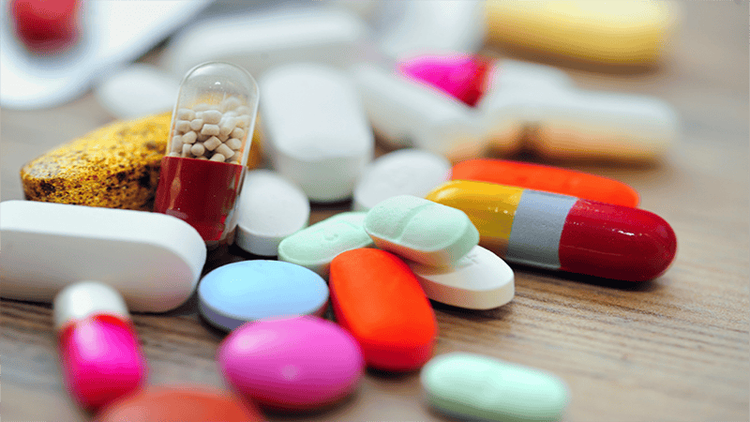
After treatment, the fever will stop (after 2-3 days) and the patient will stop having diarrhea (after 3-4 days). In case the patient is dehydrated due to a lot of diarrhea, they will be given Oresol solution or infusion.
When the infection progresses to a serious level, it may require intervention with other treatment measures such as taking probiotics or performing surgery to remove the inflamed part of the colon. With the use of probiotics will stimulate the growth and restore the balance of beneficial microorganisms in the intestinal tract.
Patients should pay attention to closely monitor the disease because the disease is easy to recur and the next time is often more serious than the previous one.
6. Limiting the progression of Clostridium difficile infection
To be able to control intestinal diseases caused by Clostridium difficile infection, patients should pay attention to a scientific, reasonable and hygienic lifestyle:
Wash hands with clean water and soap , especially before eating and after using the toilet. Follow the dose of antibiotics prescribed by the doctor, do not arbitrarily stop or increase the dose until the disease is over. Ensure nutrition: drink plenty of water or diluted juice. When you have diarrhea, you should eat starchy foods. Clostridium difficile infection if not treated promptly can cause intestinal diseases, even death. Therefore, when patients have the above-mentioned suspicious symptoms, they should see a doctor immediately for examination and early diagnosis, avoiding detection when the disease has worsened.
Please dial HOTLINE for more information or register for an appointment HERE. Download MyVinmec app to make appointments faster and to manage your bookings easily.





